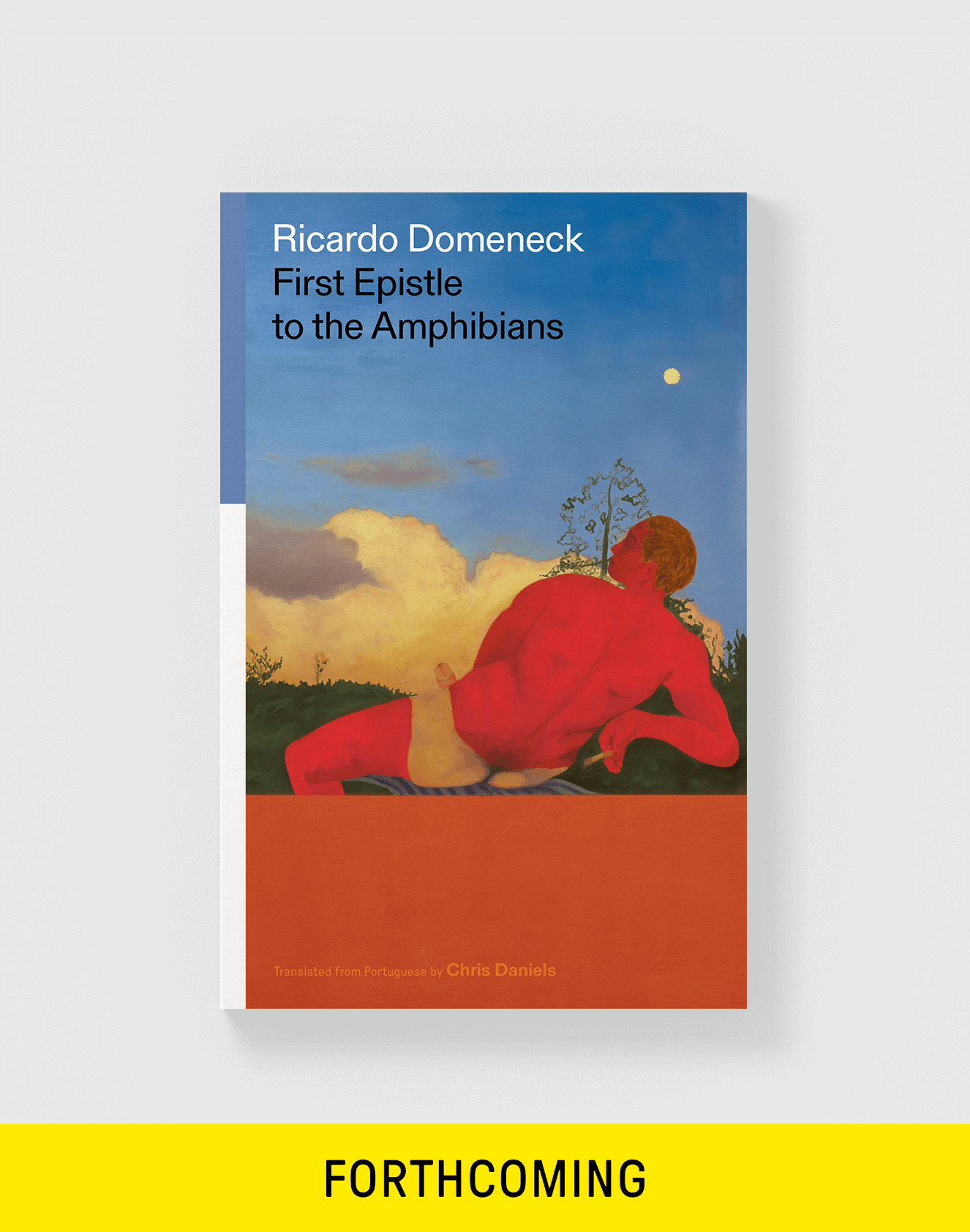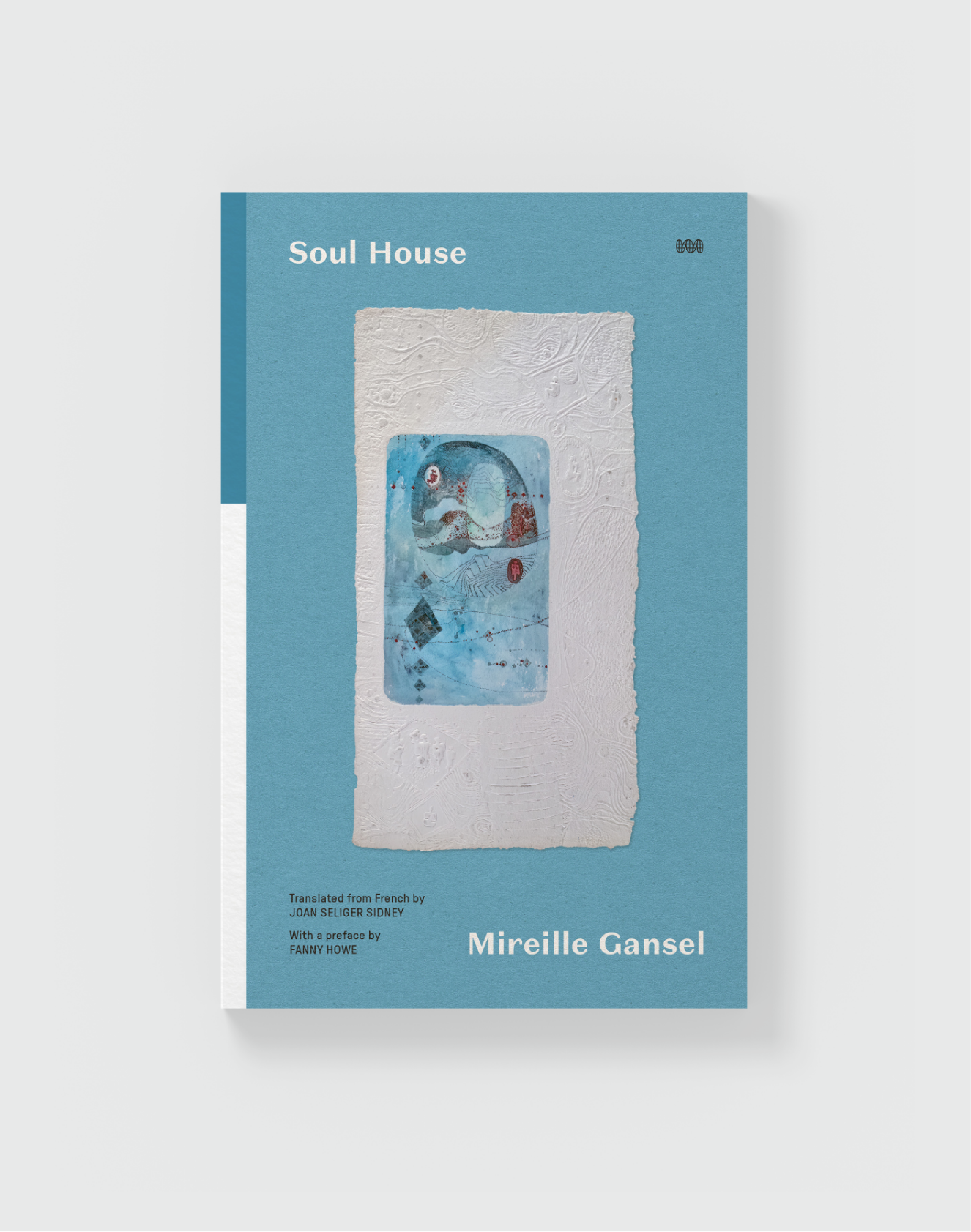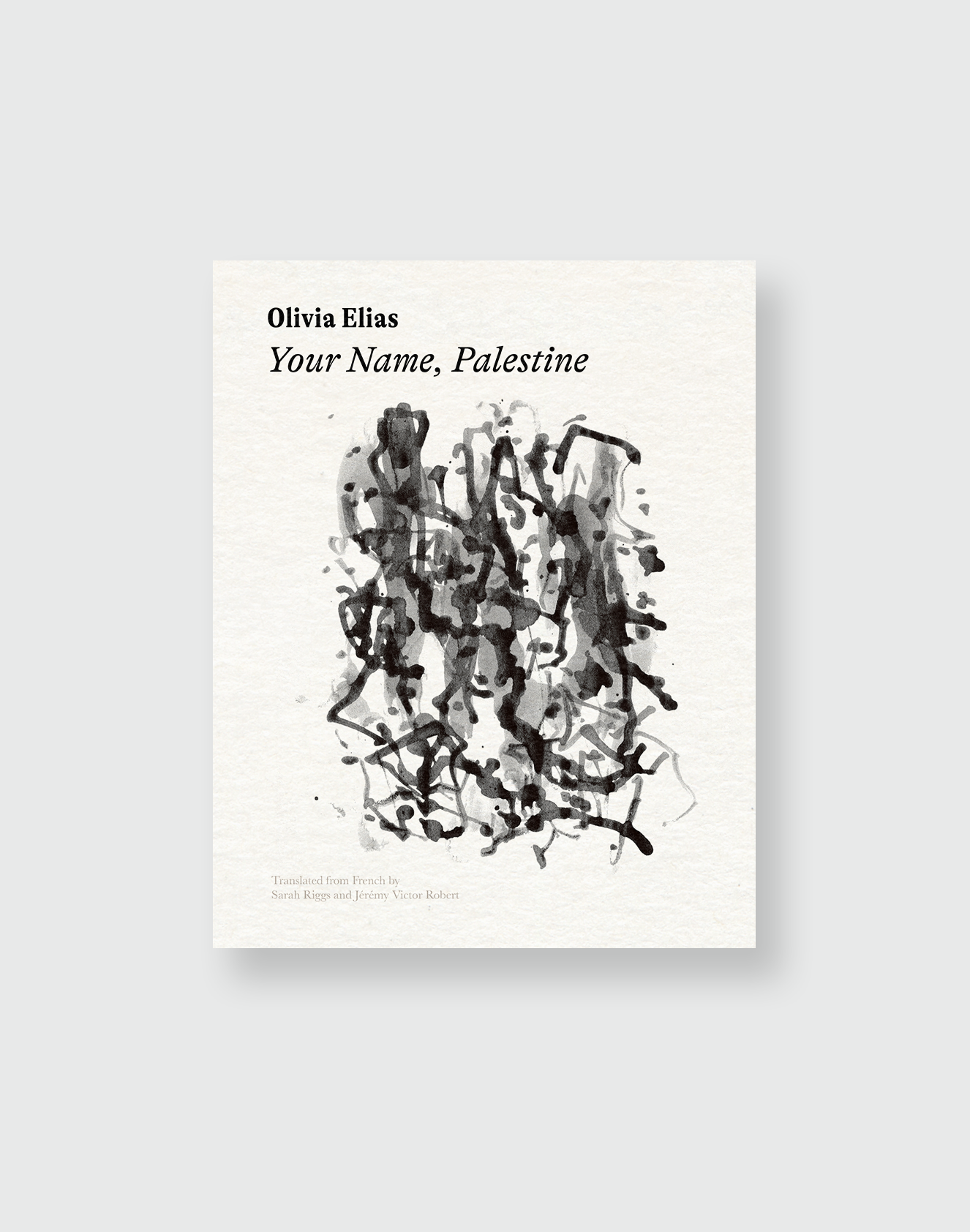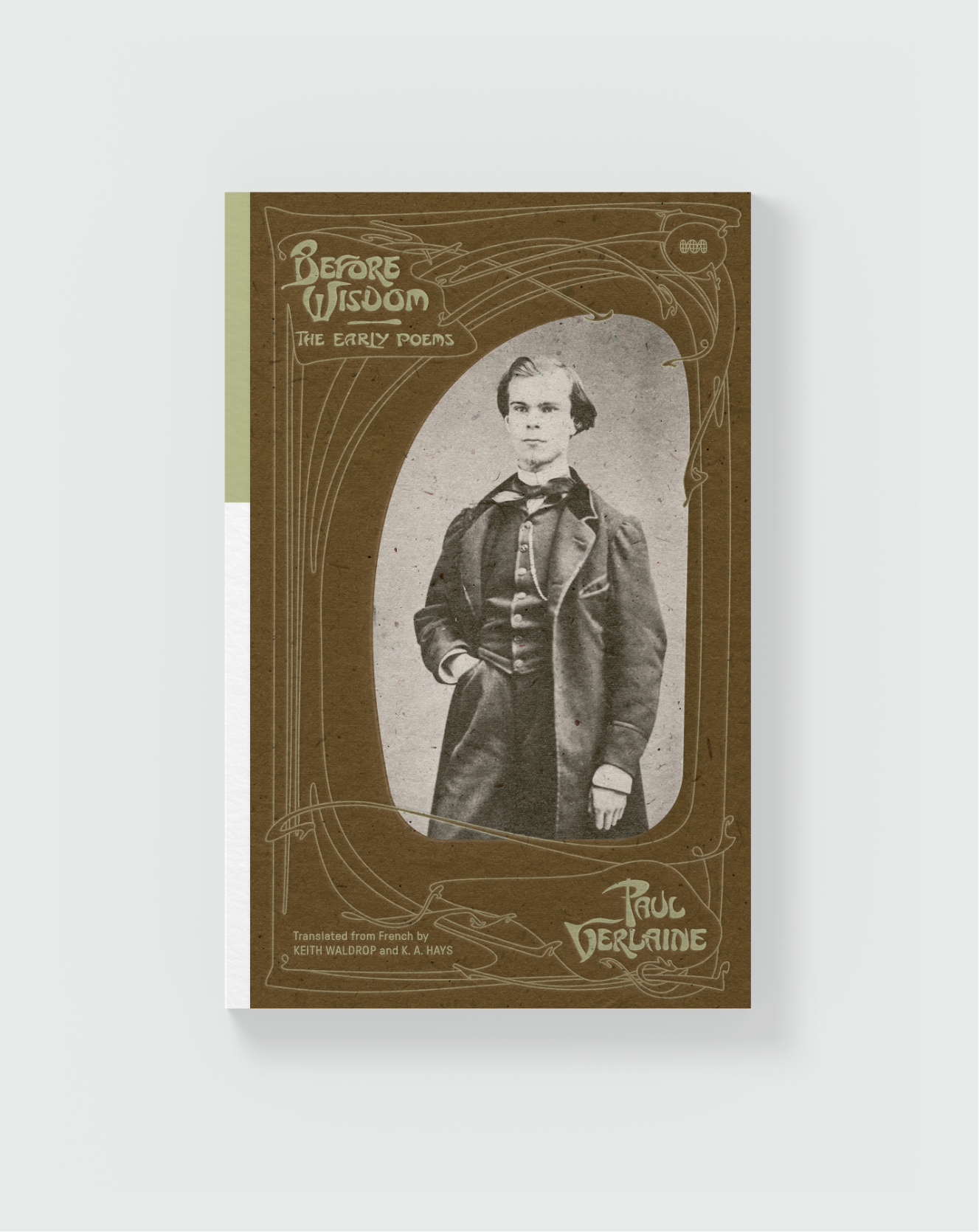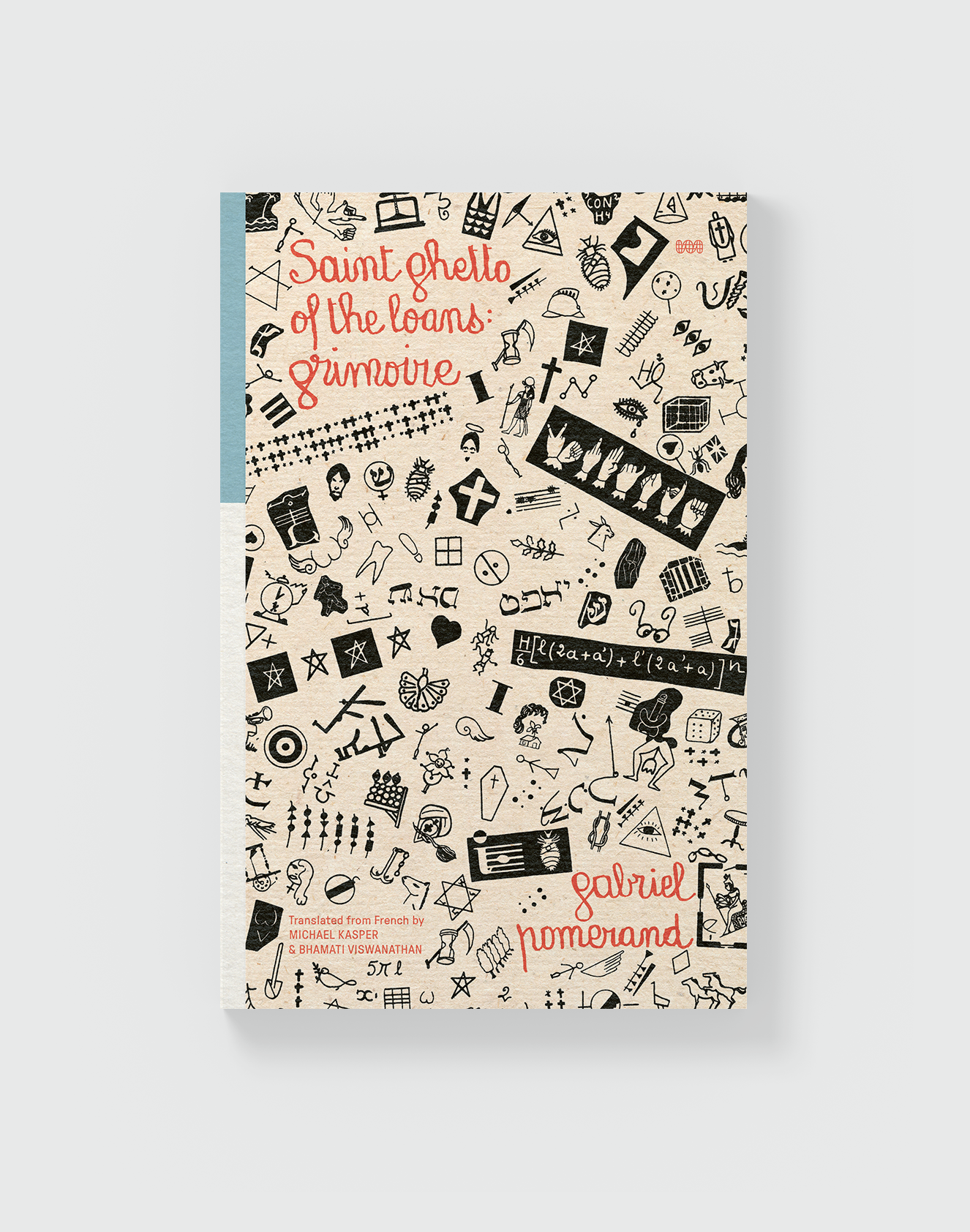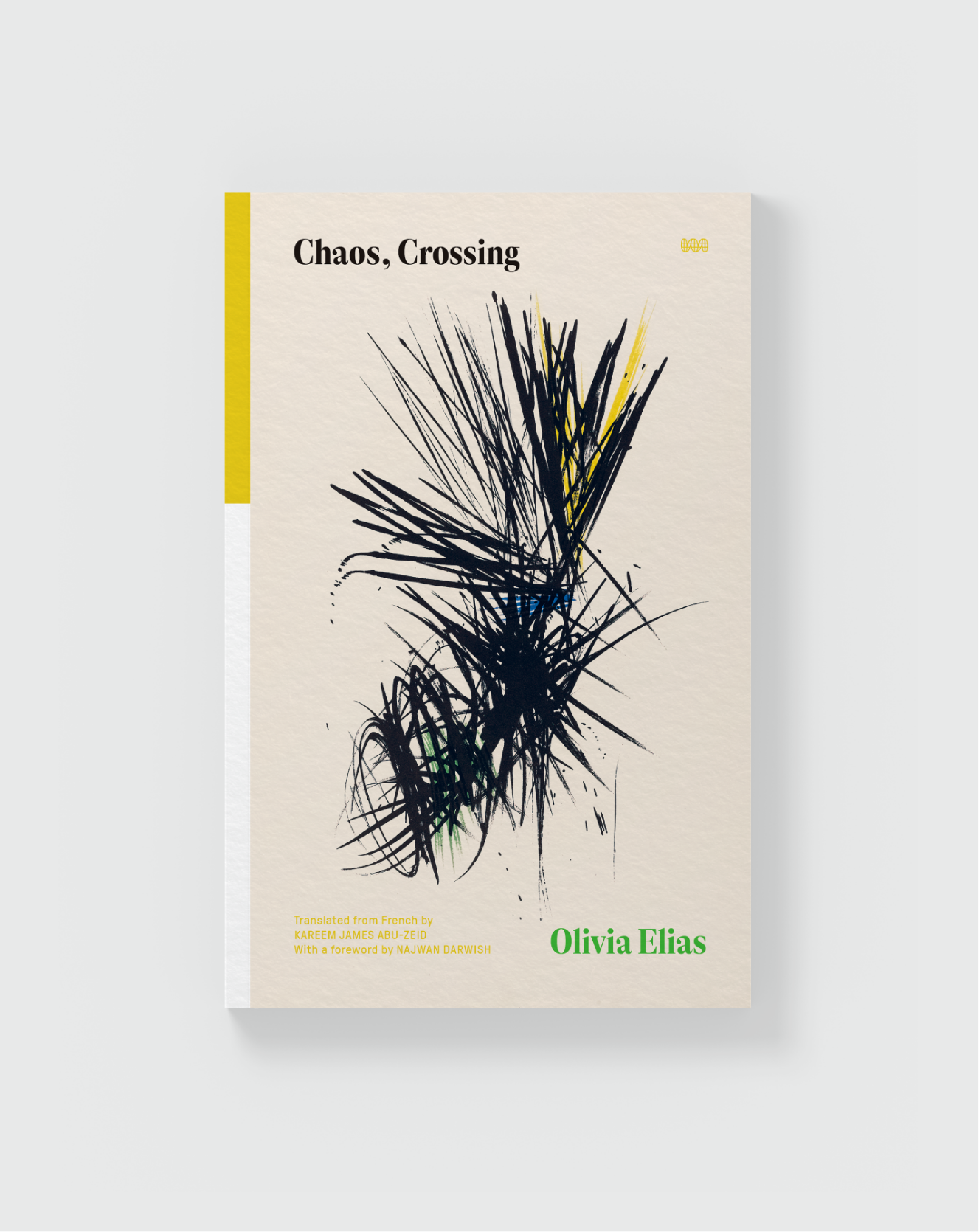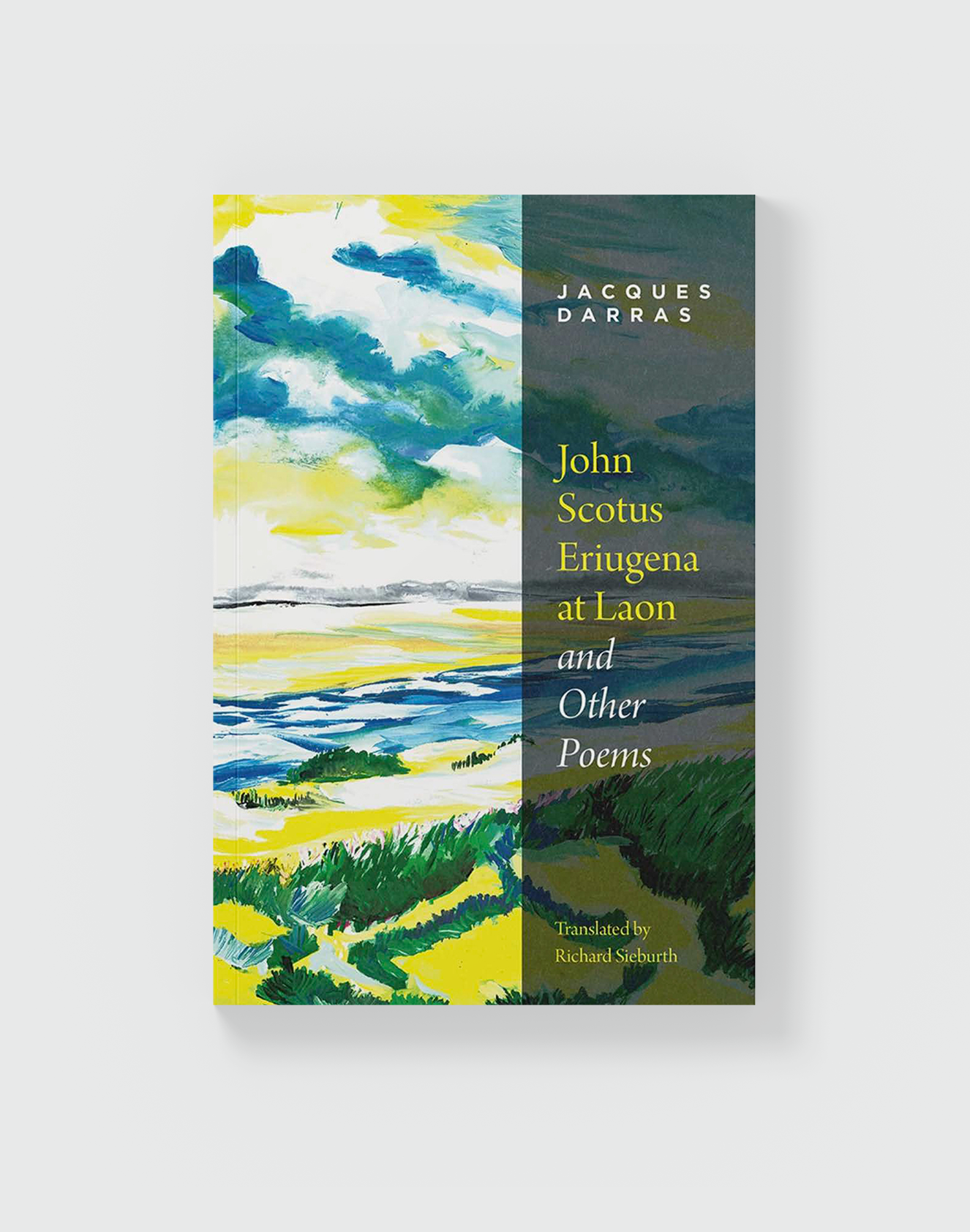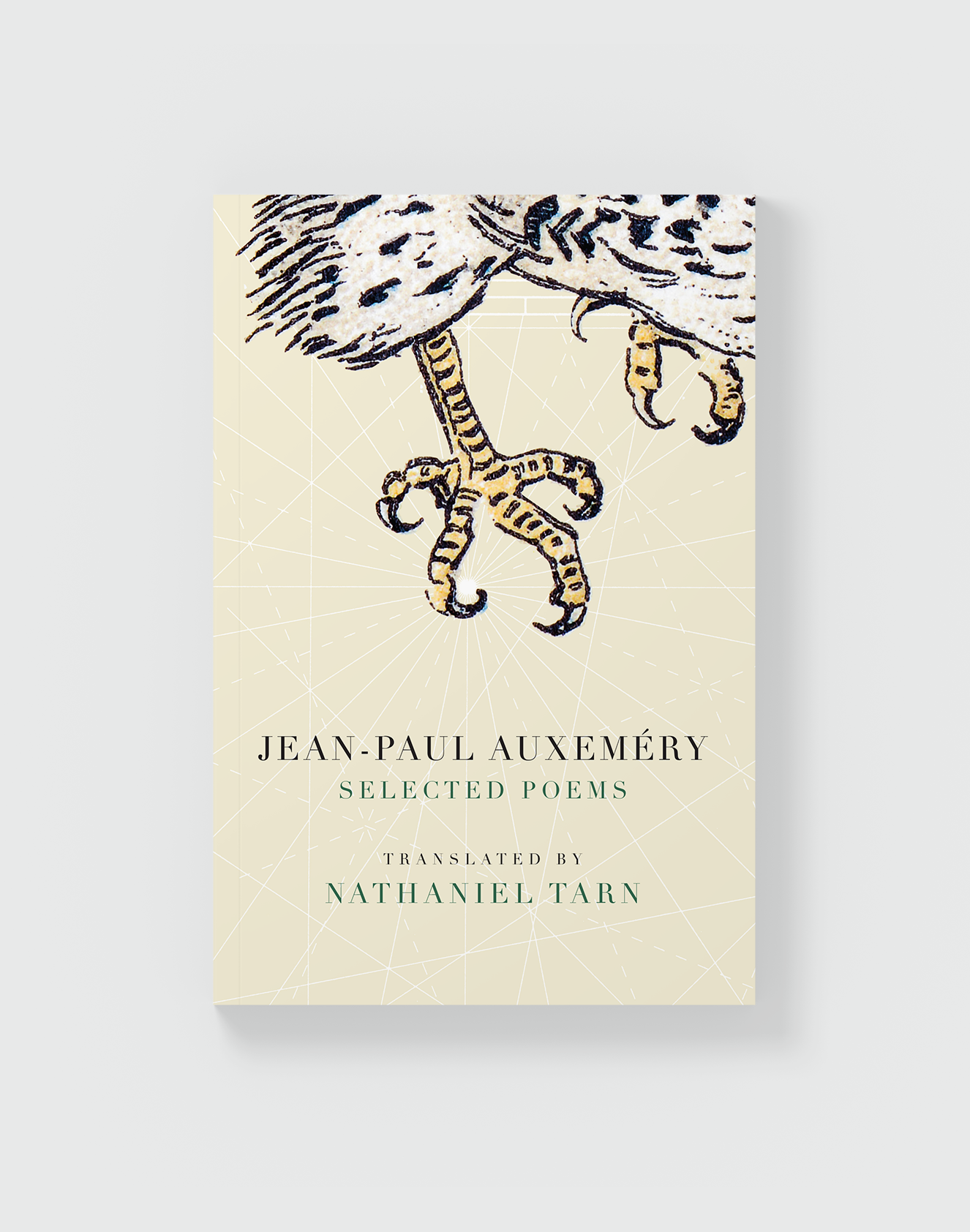Ricardo Domeneck - First Epistle to the Amphibians
-
Bilingual Edition
264 pages
April 29, 2026
ISBN 978-1-954218-45-1
Distributed by
Asterism Books (US)
Turnaround Publisher Services (UK & EU)Published with the support of the Brazilian National Library Foundation, the Ministry of Culture of Brazil, and the Guimarães Rosa Institute of the Ministry of Foreign Affairs of Brazil.
Ricardo Domeneck
First Epistle to the Amphibians
Translated from Portuguese by
CHRIS DANIELS
In the first selected volume of Ricardo Domeneck’s work to appear in English, the acclaimed Brazilian poet constructs a hyperbolic spiral of artifice, rage, and tenderness.
A consummately international poet, Domeneck centers the body “in all its moisture and all its fluids,” while never settling on a master style. Writing with tenderness and anger about earthly experience, friendship, love, and nature, and reacting against the previous generation’s anti-lyrical, impersonal poesia de invenção, Domeneck introduced a dense corporeal lyricism salted with camp at its high and low limits into contemporary Brazilian experimental poetry. Chris Daniels’s translation draws from more than two decades of the poet’s work.
“If you have never cried in the gutter in Lapa, Rio de Janeiro, clutching a volume of Mr. Domeneck’s break-up poems, you haven’t lived.” —Victor Heringer
“Ricardo Domeneck’s sensual erudition allows his poems to document both how ‘lucidity lights the way / to the imaginary’ and how ‘the flesh remembers, / and the flesh reminds.’ This savvily edited selected situates his Brazilian Portuguese in a transnational, translingual network of gay predecessor poets that includes Cavafy, Pasolini, and O’Hara. In Chris Daniels’ nimble, sensitive translations, Domeneck appears in English as a masterful performer whose use of form, style, tone, and allusion transforms literature into costume. Business casual and Baroque, sincere and Camp, in persona and in flagrante delicto, his wit’s always ready: ‘When the barbarians arrive, / they’ll find me in bed.’” —Brian Teare
“Ricardo Domeneck’s First Epistle to the Amphibians gives English-language readers a welcome introduction to his startling, powerful poetry. In Chris Daniels's nimble translation, we can hear Domeneck’s unique blend of tones—the wit of Catullus, the melancholy of Cavafy, the ferocity of Plath. But there’s something else, too, harder to identify—a chthonic rumble that reaches into deep time through the medium of family and ancestry—the backward-leading path through what he calls the ‘heptagrand- and decagrandparents.’ This is poetry of the body and its secretions, of blood and sacrifice, of nature in its indifference to any individual life, but it is also, improbably, daylit and everyday, teeming with references to music and writing, the texture of cities and the beauty of young lovers. Domeneck’s book will wonderfully expand our sense of what is possible, not only in Portuguese-language poetry, but in the poetry of our still-young century.” —Chris Nealon
“What a joy to see this long-overdue translation of Ricardo Domeneck’s poetry into English! In this selection spanning two decades, Domeneck plays the poète maudit (chain smoking in a Berlin bedroom while wallowing in a lover’s discourse addressed to pretty young men) and channels the self-dramatizing diva, from Medea to Kate Bush. At their most fun-loving, these poems propel us along in a Frank O’Hara-like whiz! bang! momentum. And deeply moving are the poet’s reflections on his small-town Brazilian origins: the letters to his father and mother in rural São Paulo state and portrait of a grandmother who killed chickens with her bare hands. Chris Daniels’s translation is tremendous. These versions in English smell and move like Ricardo; his poetic fluids flow through them.” —Katrina Dodson
“Ricardo Domeneck's extraordinary selected poems attends to the familiar (and funny!) surface of daily life—French cigarettes and a lover's eyelashes and dingy apartments and absent fathers—while plunging into the unknown, into silence, into despair, where language doesn’t so much fail as it rediscovers itself. That's beauty. Domeneck’s poetry speaks ‘loudly and precisely,’ without equivalence. I’m always listening.” —Andrew Durbin
“This superb selection of twenty years of Domeneck's work sings ‘the body's morse code’ in all its guts, gusto, and glory. ‘A breath / a wind’ is a stirring motif from the first poem to the last, where we find, ‘amputated from a mountain. The wind— / because another place needs air.’ Breath nourishes and holds the communion of human, divine, and world, even as they wrestle in Domeneck’s words and Chris Daniels’s tender, triumphant translation.” —Hilary Kaplan
Brazilian poet and writer RICARDO DOMENECK has published ten collections of poems and two of short prose in Brazil and Portugal. Selected volumes of his poems have appeared in German, Dutch and Spanish, and his most recent poetry collection, Cabeça de galinha no chão de cimento (Chicken Head on a Concrete Floor) won two of Brazil’s most prestigious literary awards, the Prêmio Jabuti and the Prêmio Alphonsus de Guimaraens. Domeneck has lived and worked in Berlin for the past two decades. Working with sound and performance, he has presented work in several museums and galleries such as Museu de Arte Moderna (Rio de Janeiro), Museo Experimental El Eco (Mexico City), Emalin The Clerk (London) and Studio Hanniball (Berlin). First Epistle to the Amphibians is the first book of his poetry to appear in English translation.
CHRIS DANIELS is a feral translator of global Lusophone poetry. He has published seven books of translations: On the Shining Screen of the Eyelids by Josely Vianna Baptista, with artwork by Francisco Faria (Manifest Press); Collected Poems of Alberto Caeiro and Collected Later Poems of Álvaro de Campos by Fernando Pessoa (Shearsman); The Hammer by Adelaide Ivánova (Commune Editions); un cuerpo negro / a black body by Lubi Prates (Nueva York Poetry Press), co-translated with Grace Holleran; One Impossible Step: Selected Poems of Orides Fontela (Nightboat); and Sometimes I Wonder If Fred Was Happy Here by Adelaide Ivánova (Tripwire).
